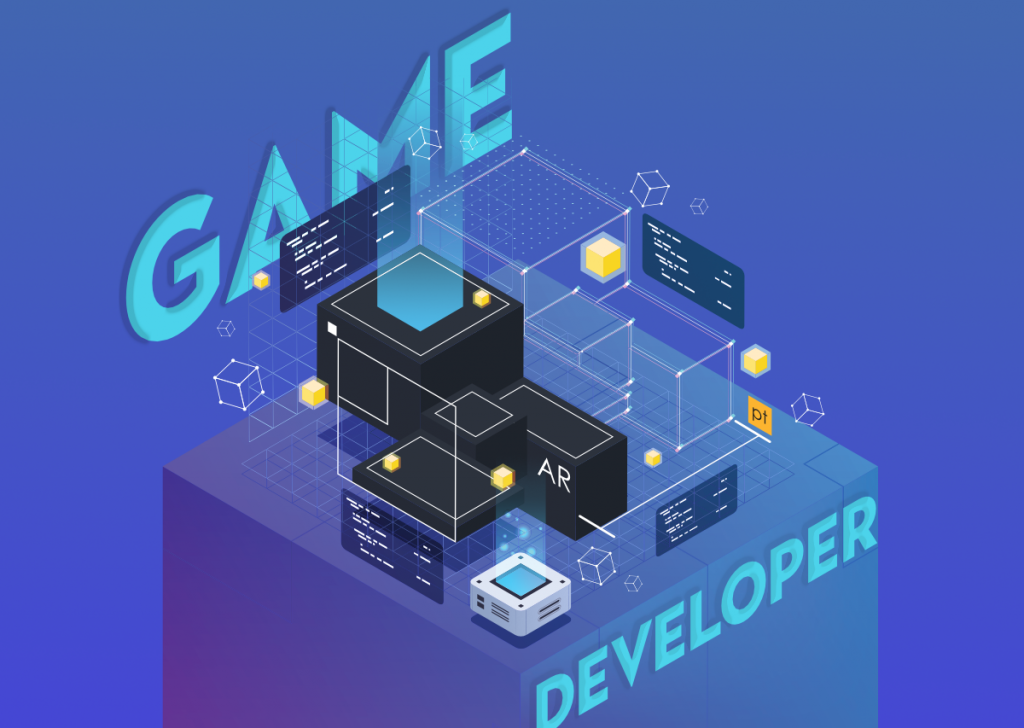The cost of game development can vary greatly depending on a number of factors, including the type of game, the platform it is being developed for, the size and complexity of the project, and the experience and skill level of the development team.
Here are some of the most important factors that affect the cost of game development:
- Type of game: The type of game will have a major impact on the cost of development. For example, a simple 2D arcade game will be much less expensive to develop than a complex 3D open-world RPG. This is because 2D games typically require less art assets, less complex code, and less time to develop.
- Platform: The platform that the game is being developed for will also affect the cost. Developing a game for a mobile platform will be less expensive than developing a game for a console or PC. This is because mobile games typically have lower graphical requirements and can be developed using less powerful hardware.
- Size and complexity: The size and complexity of the game will also affect the cost. A larger and more complex game will obviously be more expensive to develop than a smaller and simpler game. This is because larger games require more art assets, more complex code, and more time to develop.
- Experience and skill level of the development team: The experience and skill level of the development team will also have a major impact on the cost of development. A team of experienced developers will be able to develop a game more quickly and efficiently, which will save money. This is because experienced developers are faster at coding, have a better understanding of game design, and are more likely to avoid costly mistakes.
- Use of third-party assets: The use of third-party assets, such as art, music, and sound effects, can also affect the cost of development. Using third-party assets can save money, but it can also limit the creativity of the project. This is because third-party assets are typically designed to be used in a variety of different games, so they may not be perfectly suited to the specific needs of your project.
- Marketing and distribution costs: The cost of marketing and distributing the game will also need to be factored into the budget. Marketing and distribution costs can be significant, especially for larger games. This is because marketing is essential for getting the game noticed by potential players, and distribution is essential for getting the game into the hands of players.
Other factors: In addition to the factors listed above, there are a number of other factors that can affect the cost of game development, such as:
- The use of cutting-edge technology: Using cutting-edge technology can increase the cost of development, but it can also make the game more appealing to players. For example, using a new 3D engine can make the game look more realistic, but it can also be more expensive to develop.
- The need for localization: If the game is being localized for multiple languages, this will add to the cost. This is because each language will require its own set of art assets, code, and text.
- The need for ongoing support: If the game requires ongoing support, such as bug fixes and updates, this will also add to the cost. This is because ongoing support requires a team of developers to be available to fix bugs and add new features.
It is important to carefully consider all of these factors when budgeting for a game development project. By understanding the factors that affect the cost of development, you can create a more accurate budget and avoid unexpected expenses.
Here are some tips for reducing the cost of game development:
- Start small: If you are new to game development, it is a good idea to start small. This will help you learn the ropes and avoid making costly mistakes.
- Use free or open-source tools: There are a number of free or open-source tools that can be used for game development. These tools can help you save money on software licenses.
- Find a co-founder or team: If you are not an experienced developer, you may want to find a co-founder or team who can help you with the development process. This can help you share the workload and save money on salaries.
- Outsource tasks: If you do not have the skills or resources to complete a certain task, you may want to outsource it to a third party. This can help you save time and money.
- Be patient: Game development is a long and challenging process. It is important to be patient and not expect to release a finished product overnight.
By following these tips, you can reduce the cost of game development and increase your chances of success.
This post didnt have a specific author and was published by PS4 Home.


